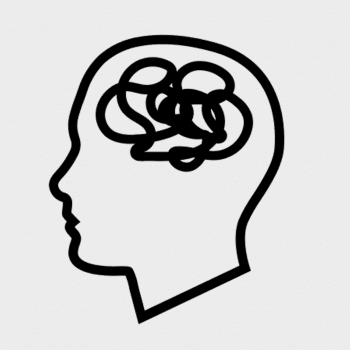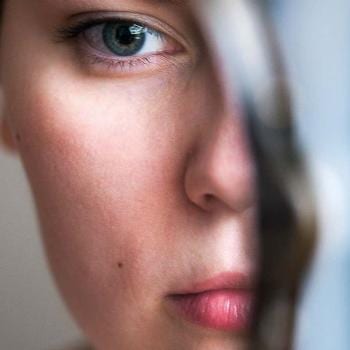Friday was International Women’s Day, a day that aims to end discrimination against women. This day is an opportunity to remember the extraordinary female trailblazers who have gone before us. Perhaps more importantly, International Women’s Day invites us to celebrate the experiences of ordinary women throughout the world.
We all need to work for greater equality and respect for women. Our Church and our world have a long way to go. But reflecting on this day, I would like to draw attention to one particular area of injustice: the research gender gap.
What is the research gender gap?
I’m not talking about underrepresentation in STEM (though that, too, is a problem). This gender gap refers to the exclusion of women from clinical trials. Throughout history, biomedical research has focused exclusively on men. Rather than including female subjects in studies, doctors and researchers have merely extended findings from male subjects. This asymmetry underlies almost all foundational studies on disease, medication, and aging. For instance, in 1989 the Physicians Health Study found that low-dose aspirin might lower the risk of heart disease – but the study included twenty thousand men, and zero women.
This is not a problem of the past. The research gender gap is still an enormous stumbling block in biomedical research.
Over two decades ago, the National Institutes of Health issued a mandate requiring the inclusion of women and minorities in federally-funded research. And since then, we have made significant progress. However, just a few years ago a report from Brigham and Women’s Hospital shows that biomedical research continues to systematically exclude women:
-
Women are still not included in clinical research in numbers reflecting the prevalence and impact of disease in women.
-
Even at the very early stages of scientific discovery, sex is not considered.
-
Women face safety concerns when it comes to prescription drugs.
Why does this matter?
Because, according to the Institute of Medicine, every single cell in our body is affected by our sex chromosomes. In other words, women are different at the cellular level throughout their bodily tissues, not just in reproductive organs. Processes of disease, growth, and aging take place differently. For this reason, women will show different symptoms, severity, and age of onset of illness. Women also absorb and metabolize drugs differently, so medications and treatments will not have the same success in women. In fact, they sometimes have serious – unknown – side effects.
We might be tempted to see the gender gap as merely blatant sexism. And sexism is definitely a factor. However, we should also consider that, for a long time, the medical community didn’t know about the profound cellular differences between men’s and women’s bodies. Furthermore, by excluding women, the researchers didn’t have to complicate their study design or statistical analysis to deal with women’s menstrual fluctuations. Thus, there may be more ignorance than bias at play.
But regardless of the cause, the consequences of this research gender gap are staggering. For instance, depression is the leading source of disease burden in women throughout the world. However, only 40% of pre-clinical studies on anxiety and depression include female animals. Similarly, heart disease is the greatest cause of death in women in the US, but less than 1 in 3 clinical trial subjects are women, and few studies report their results differentiated by sex. Finally, Alzheimer’s is much more common in women, and researchers have usually chalked this up to women’s greater life expectancy. However, it’s now suggested that hormonal changes at menopause and sex-specific gene expression explain the greater risk for women.
To improve women’s health, including women as study participants in research must become the norm.
What does have to do with the Church?
The gender research gap is just one way, among many, that we neglect women’s experiences and voices. This exclusive focus on men is not merely disrespectful to women; it hurts all of society. Just as the research gender gap damages public health and limits the field of medicine, the “gender gap” in our society and our Church holds us all back. Women are half of the Body of Christ, and bring a wealth of unique strengths, perspectives, and experiences. We must welcome their stories, listen to their voices and respond to their needs. Our whole Church stands in need of it.
Further reading recommendations
For programs that specifically aim to advance biomedical research for women’s health, check out the Center for Women’s Health at the Oregon Health & Science University and the Women’s Health Research Institute at Mount Sinai.












